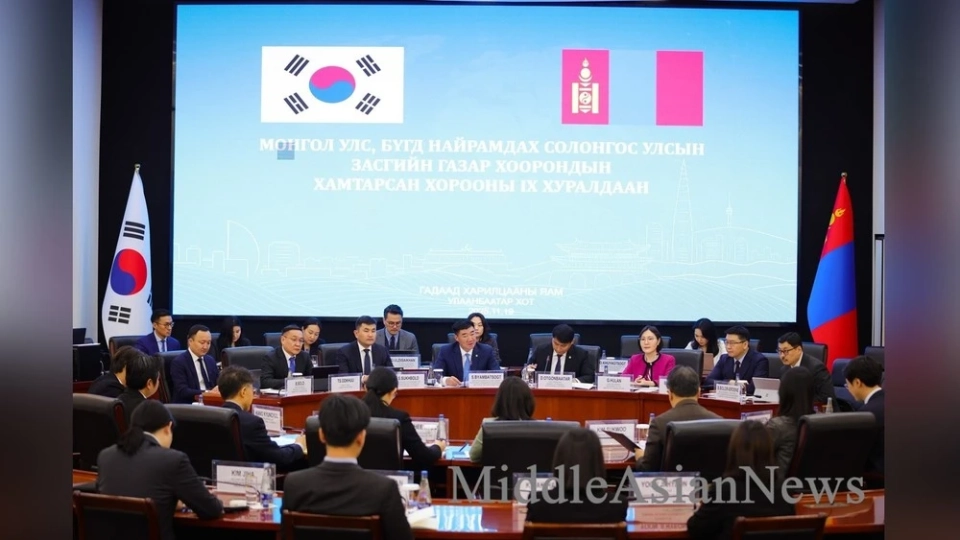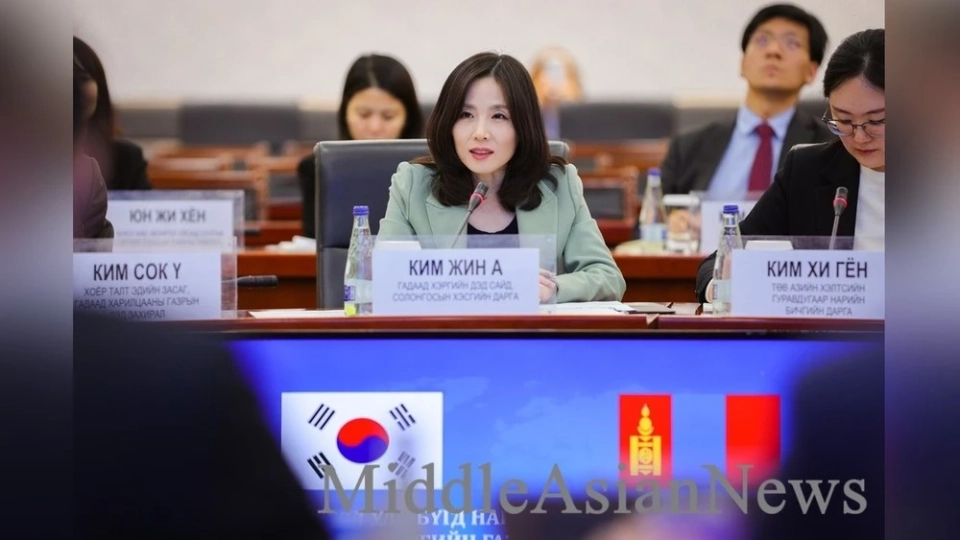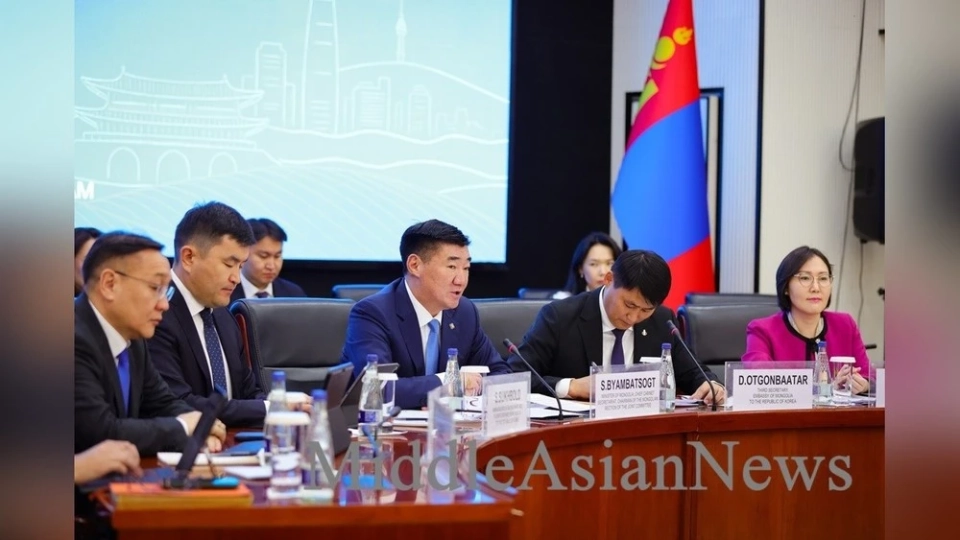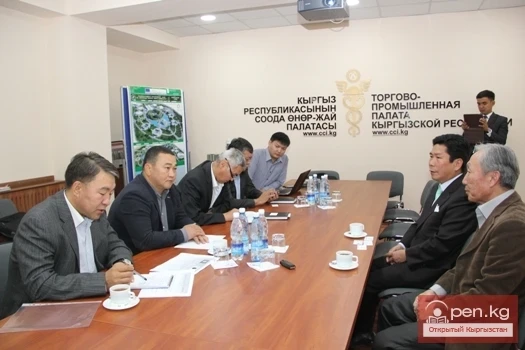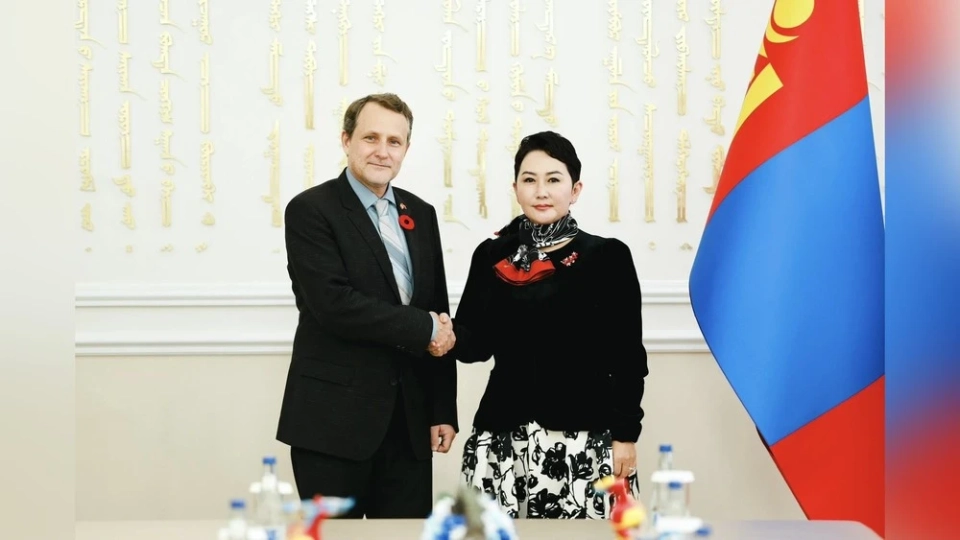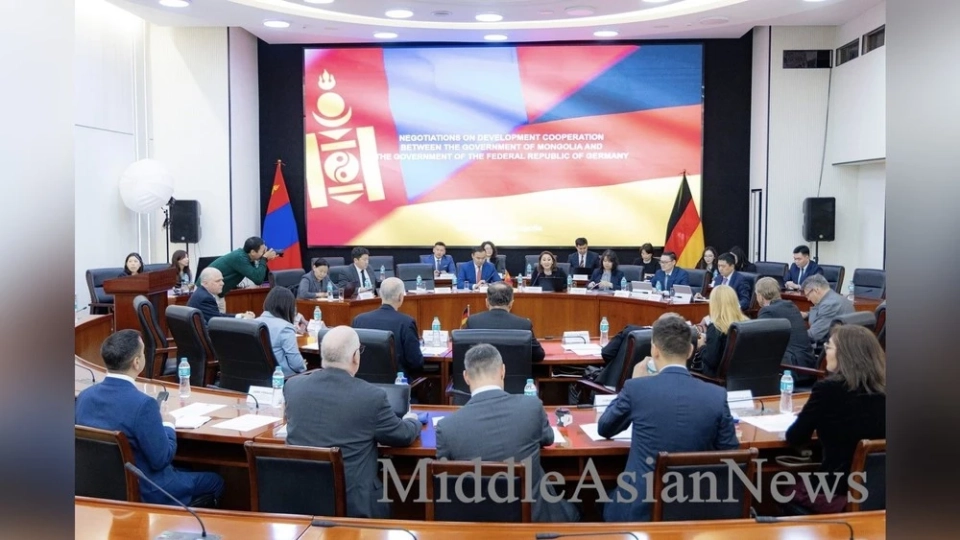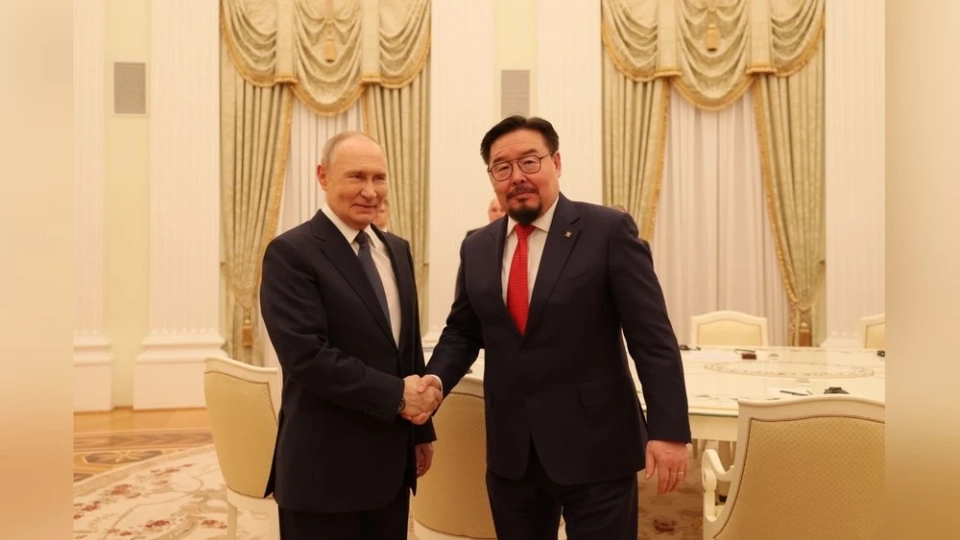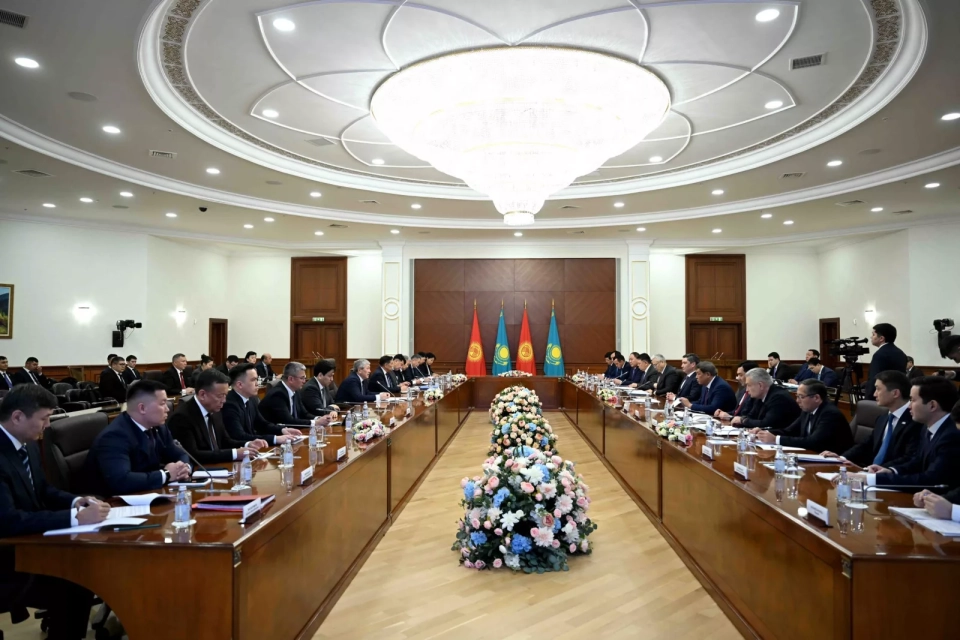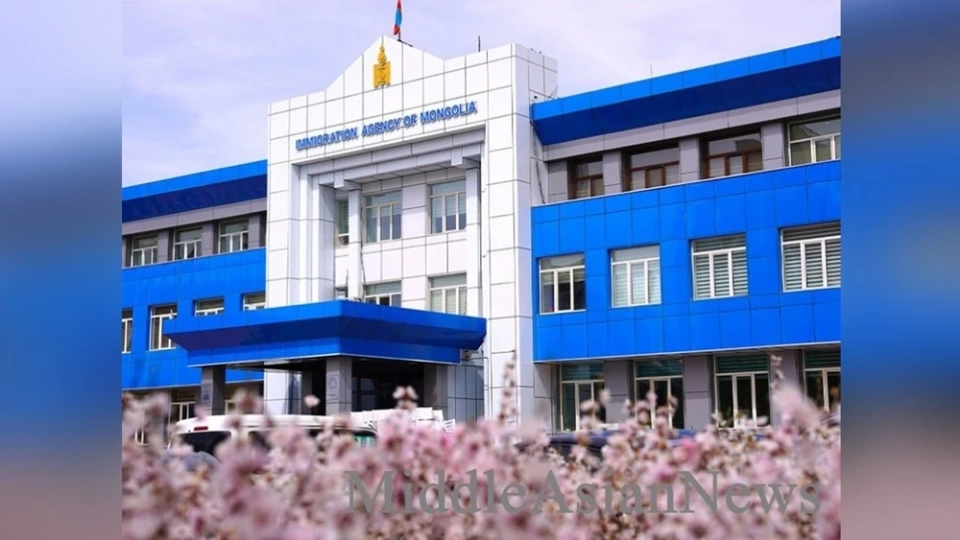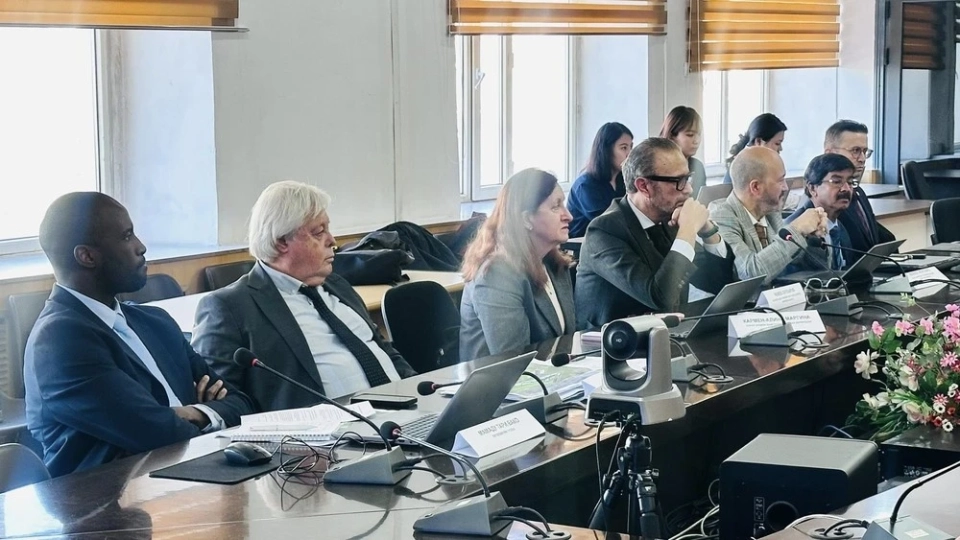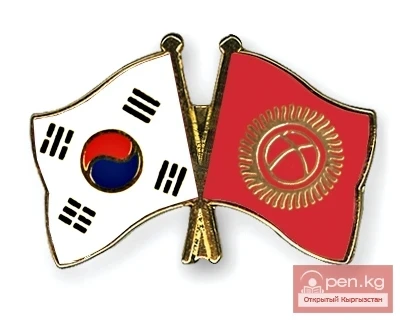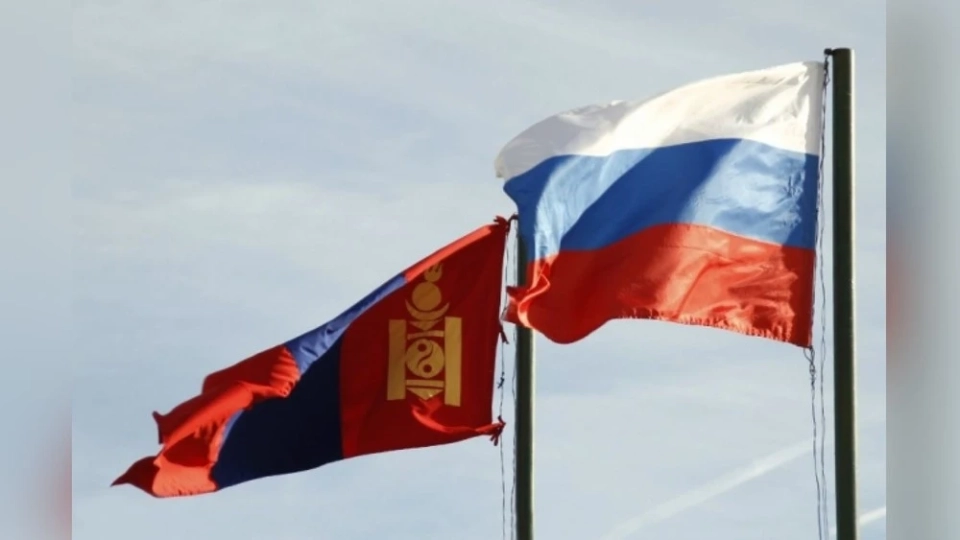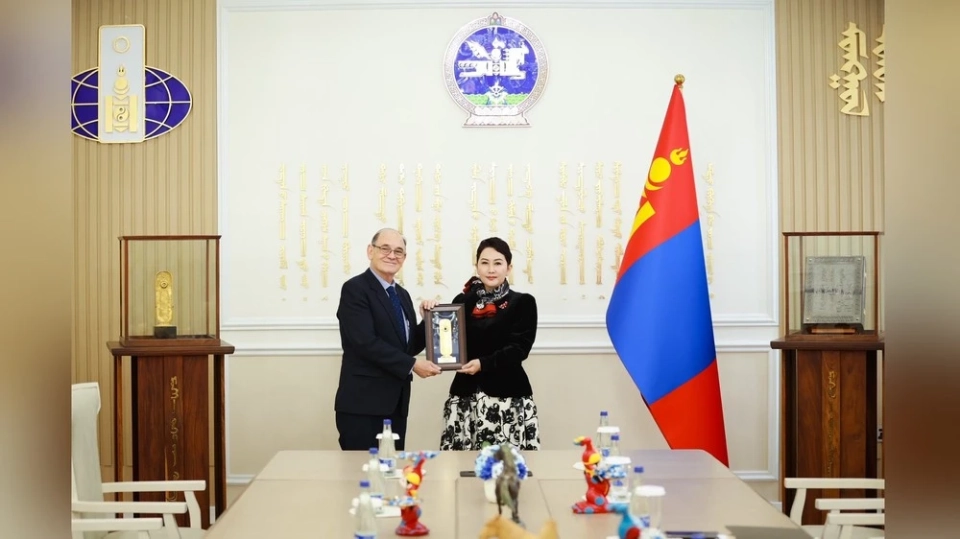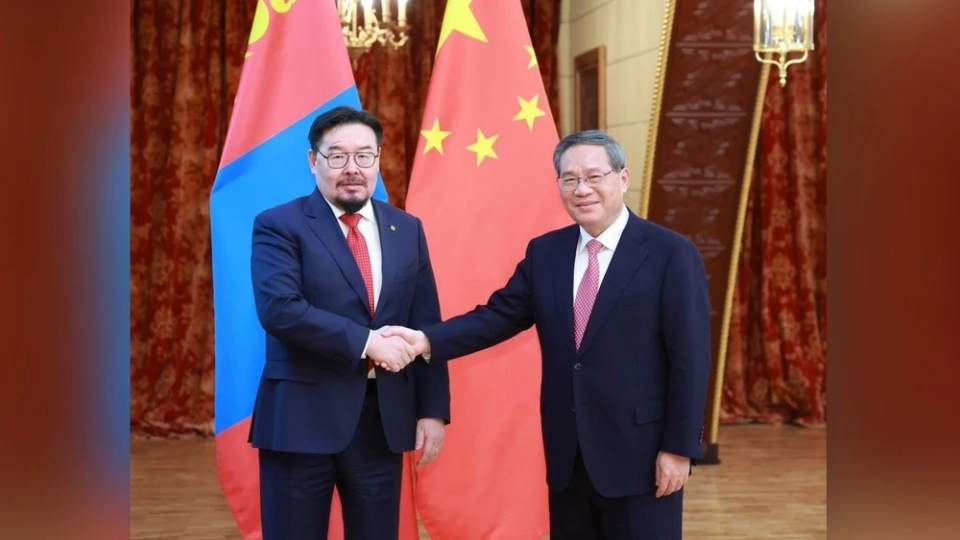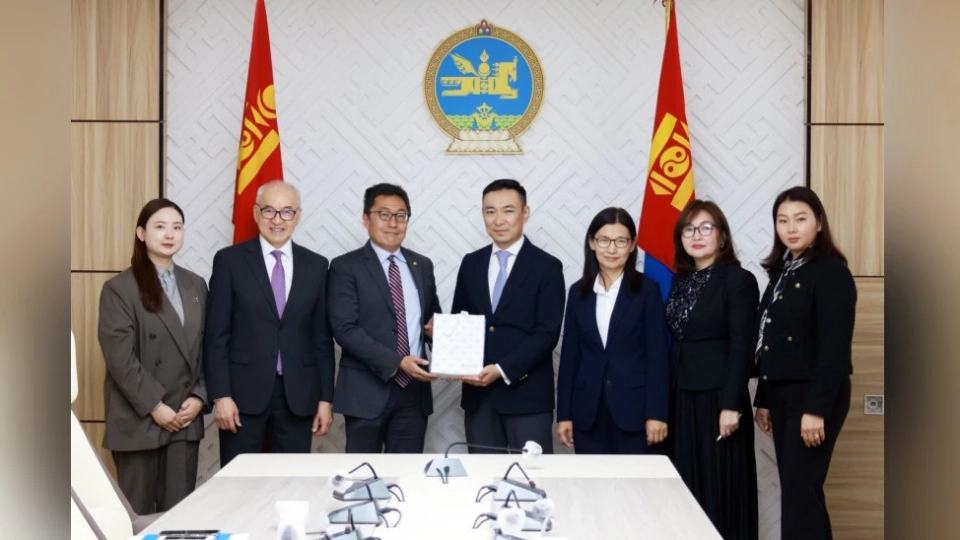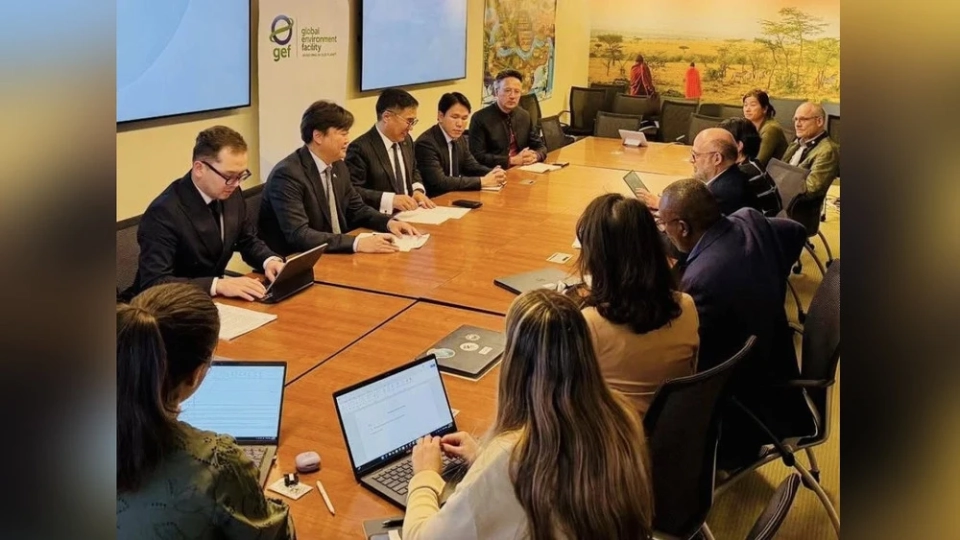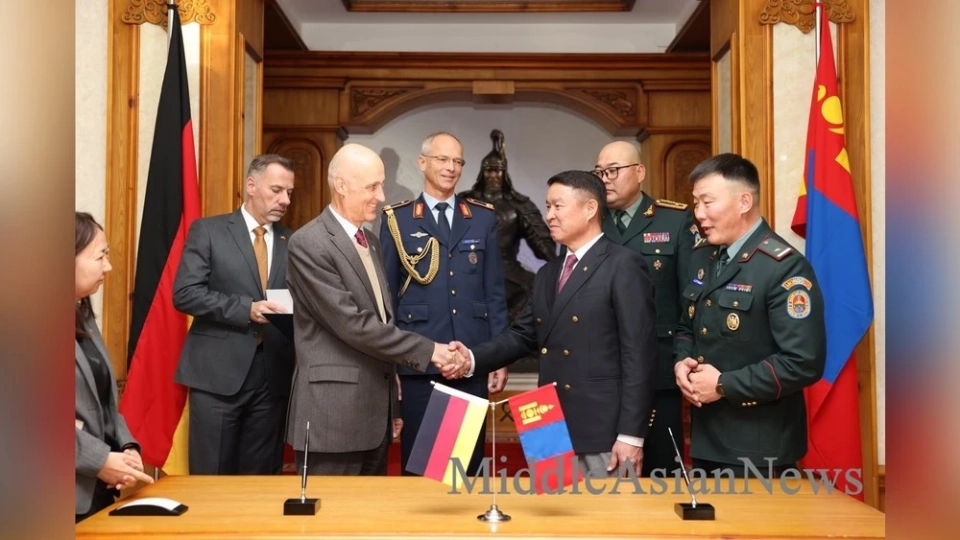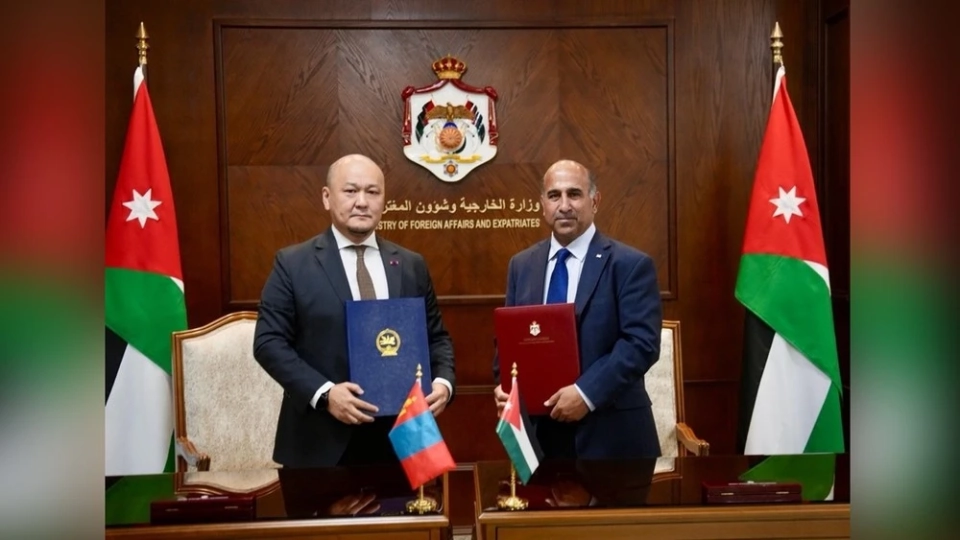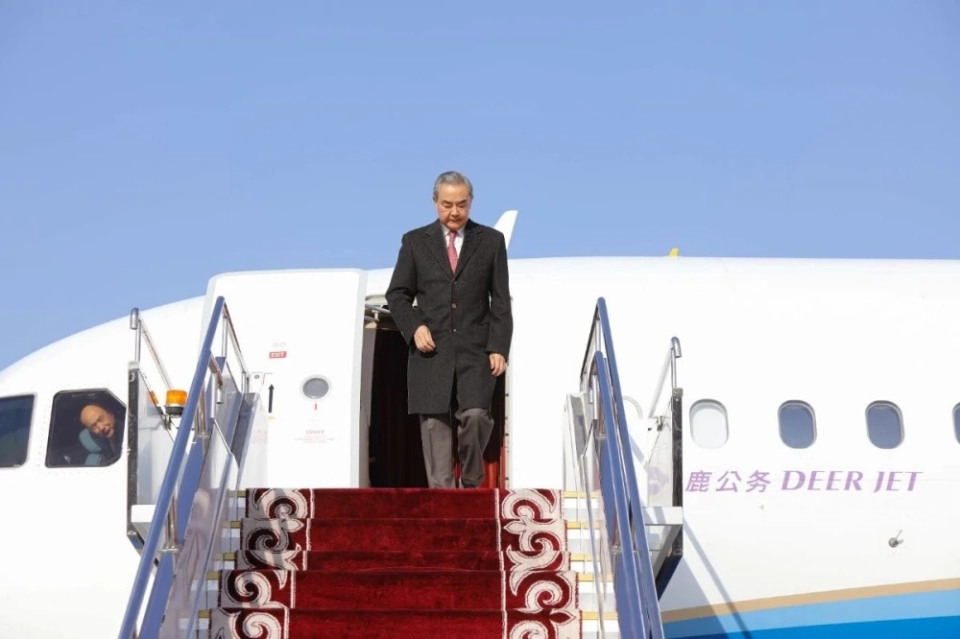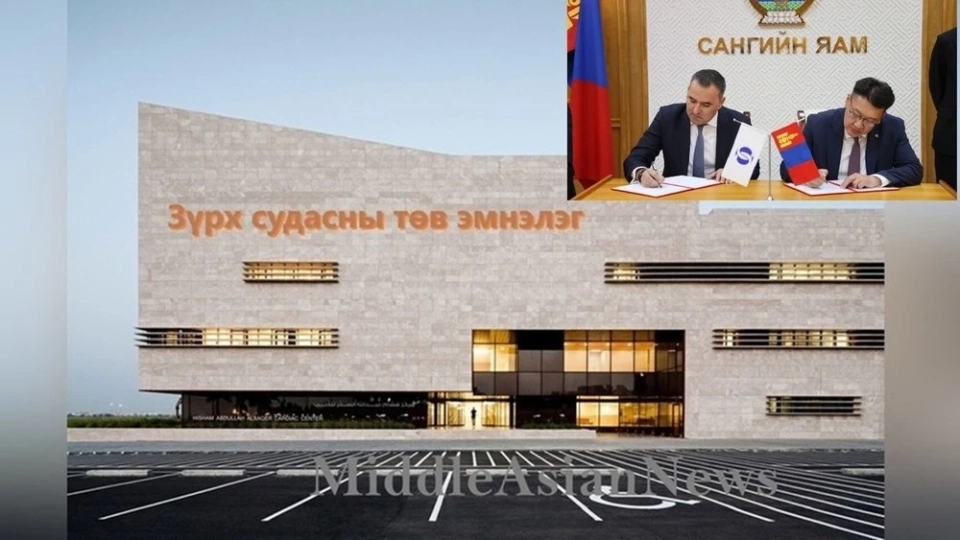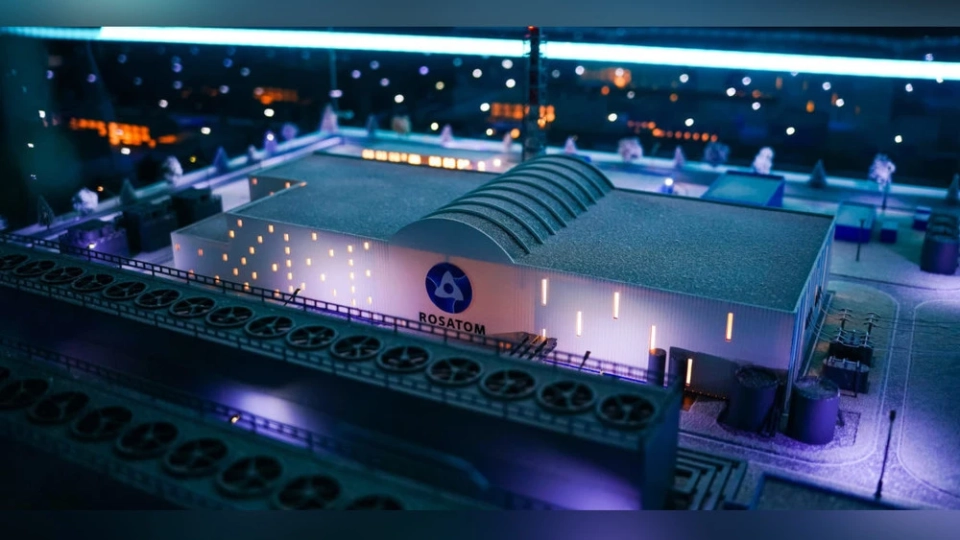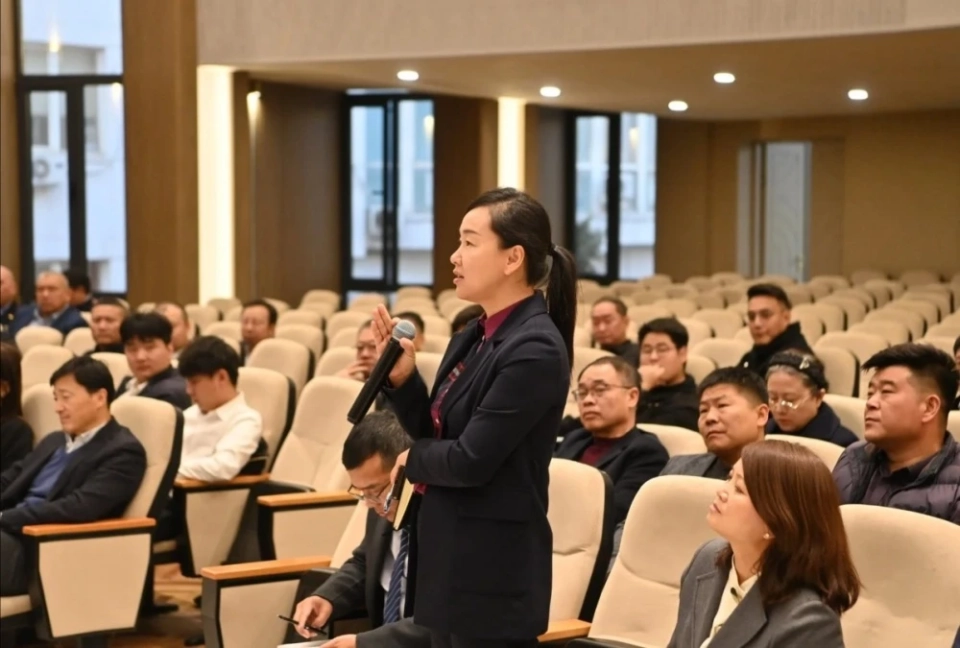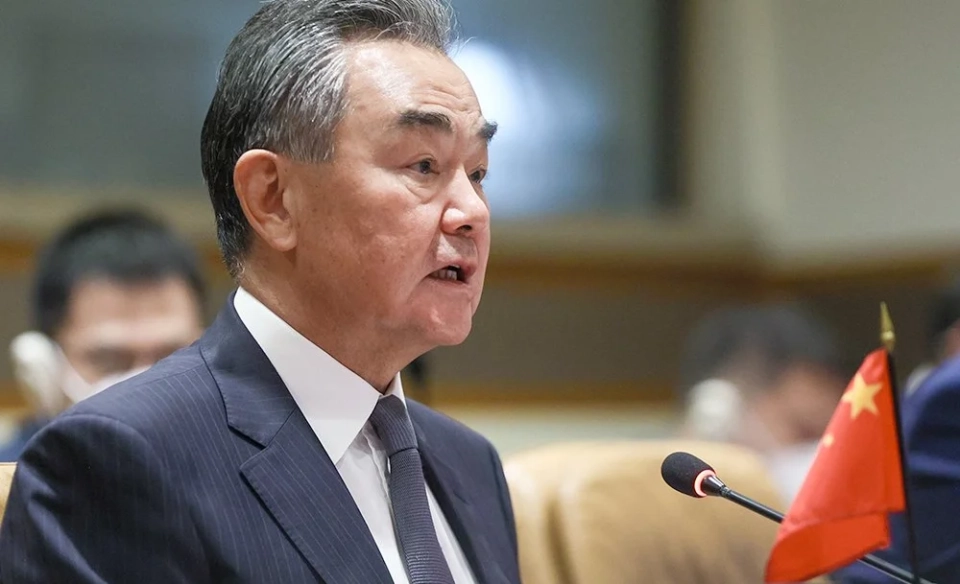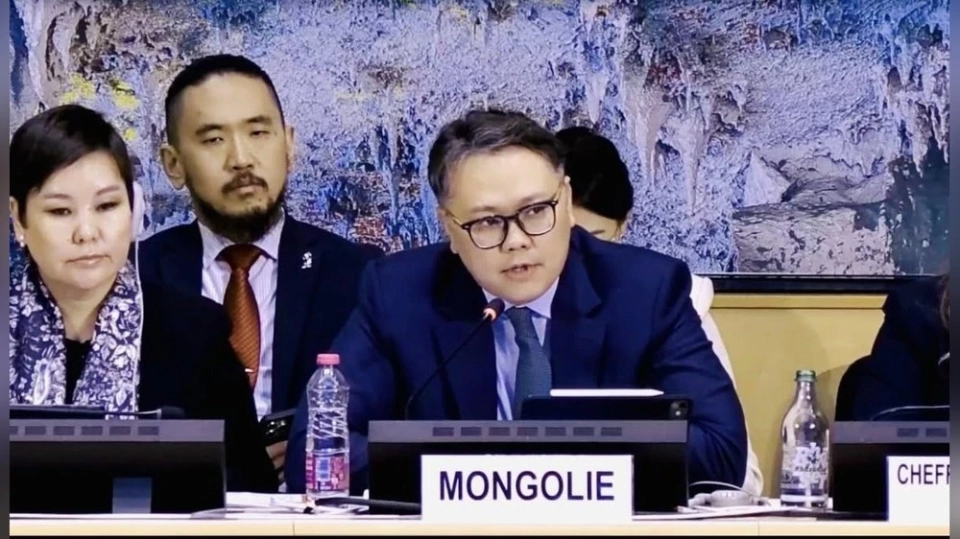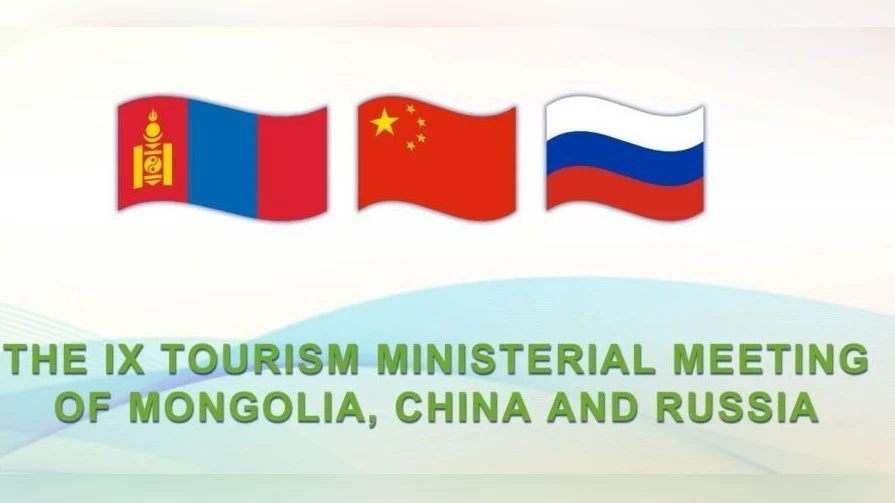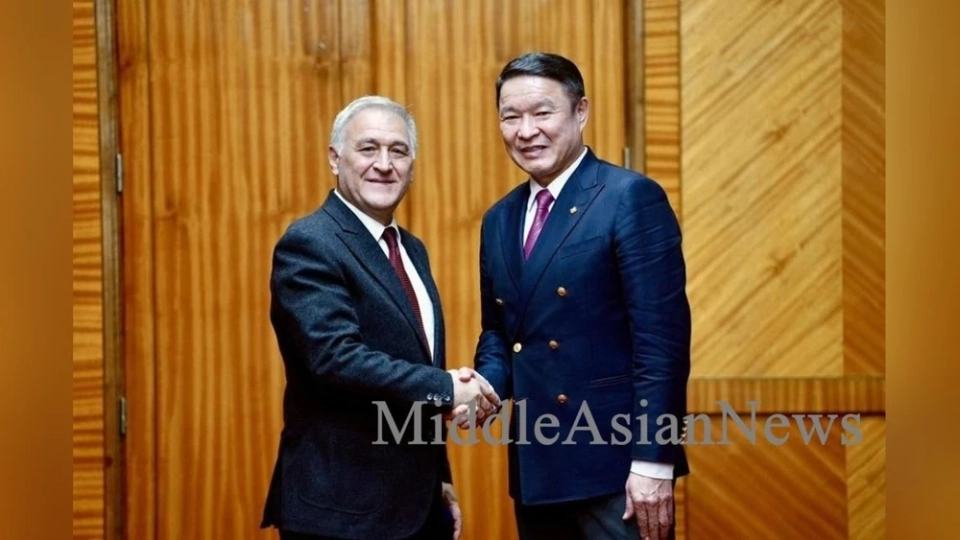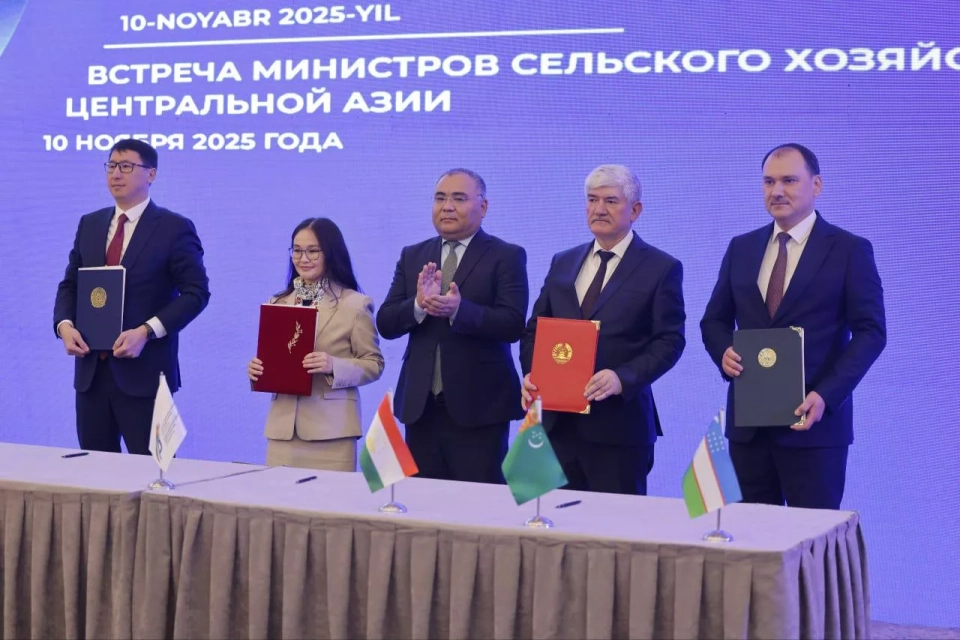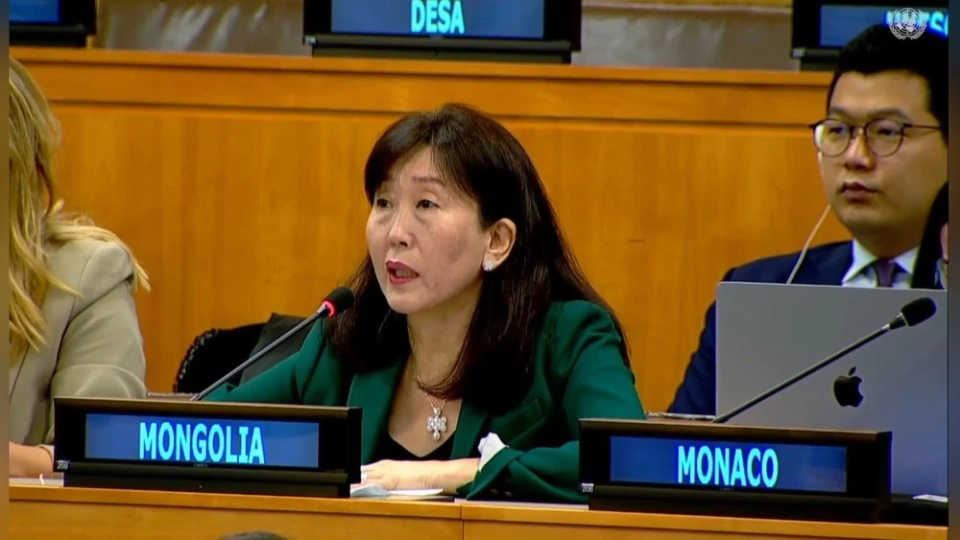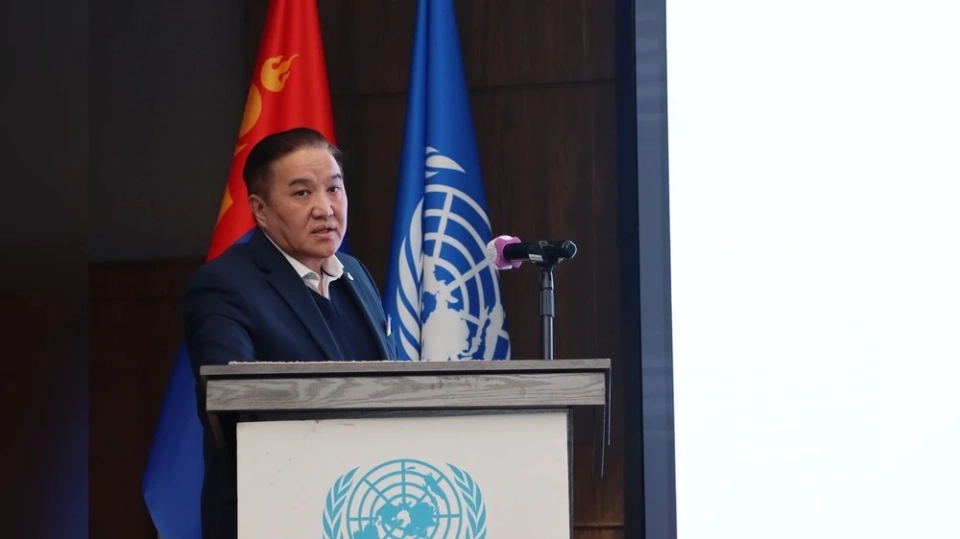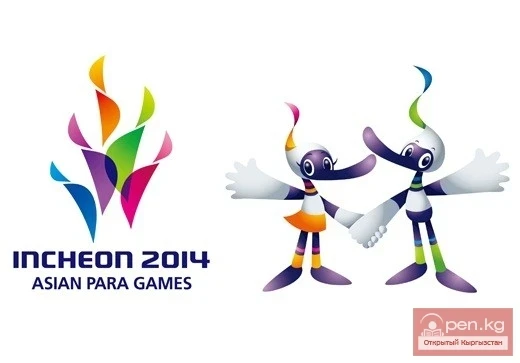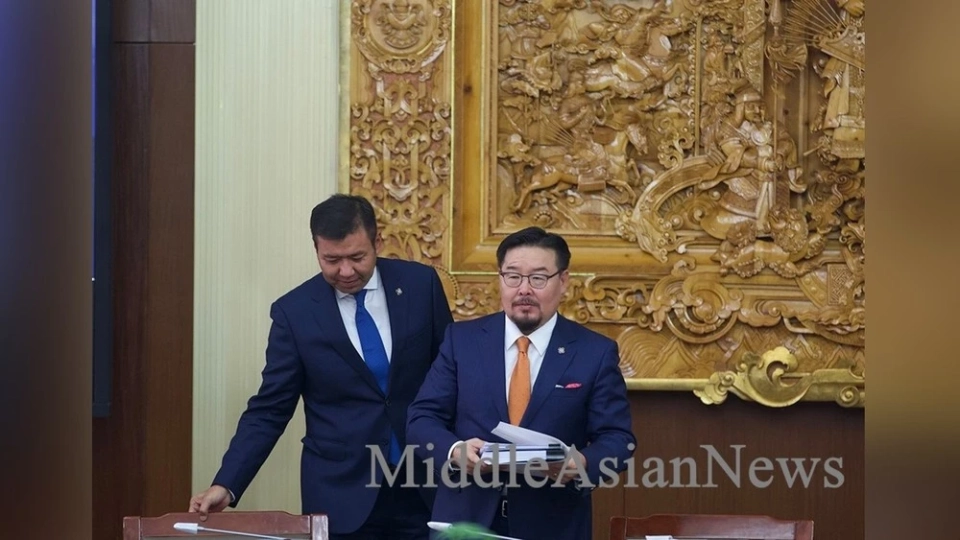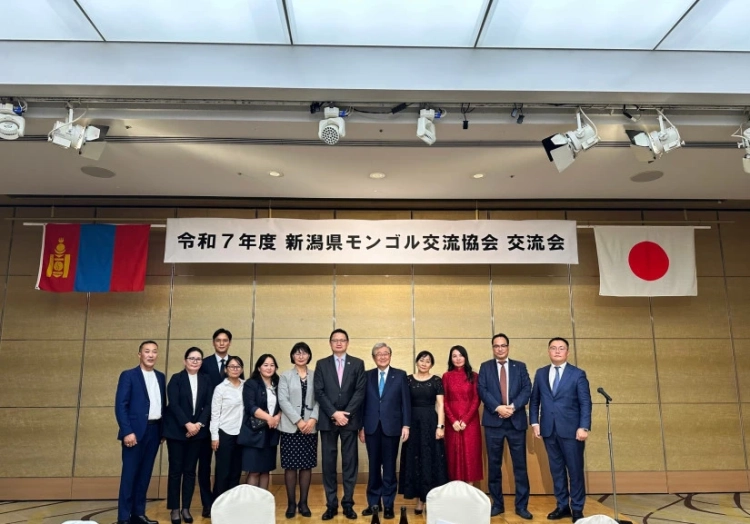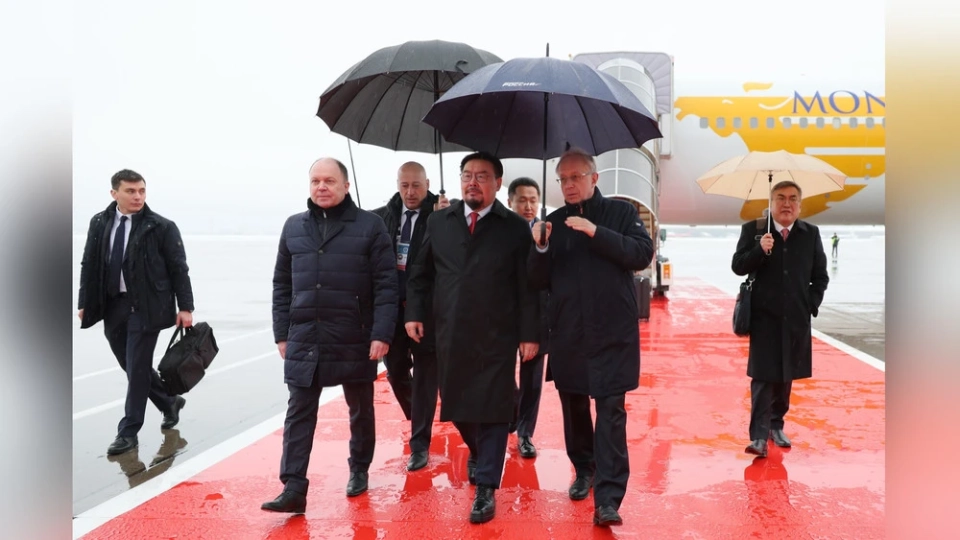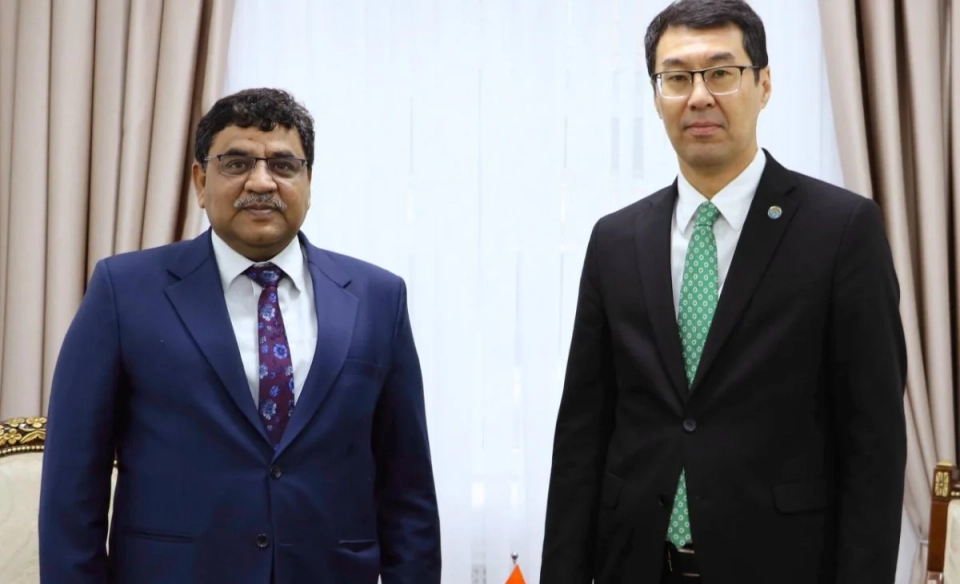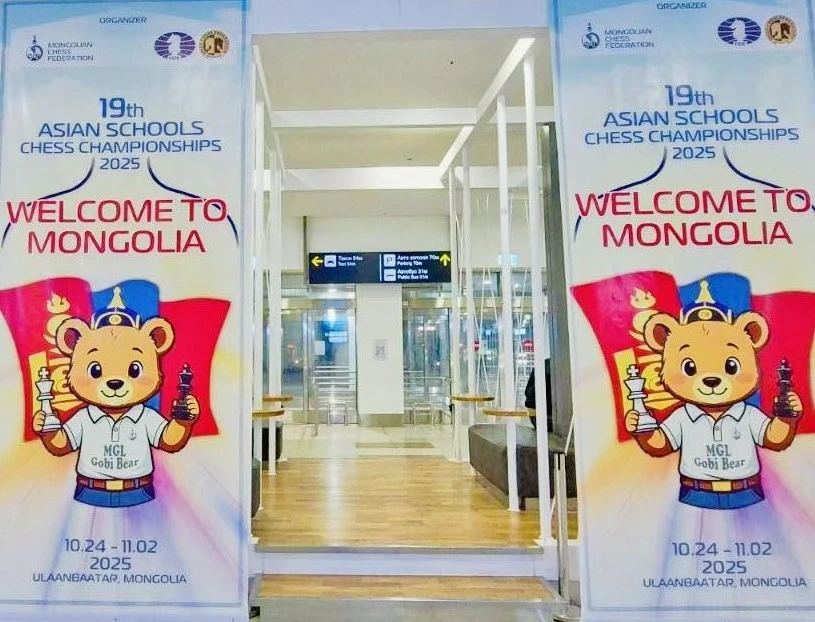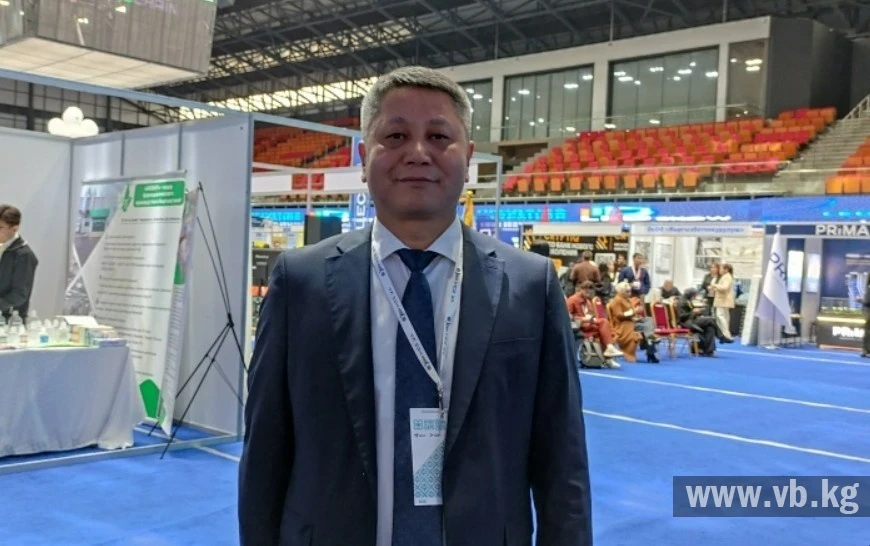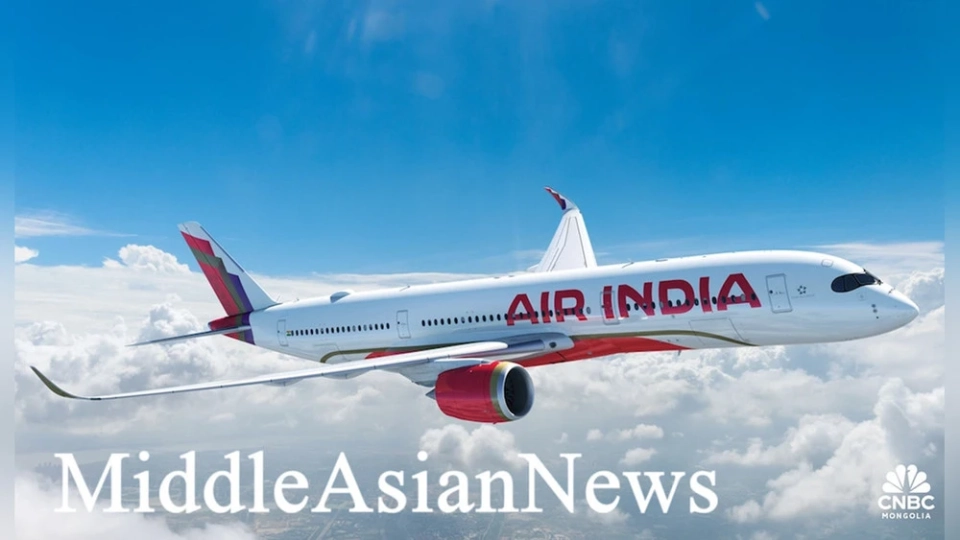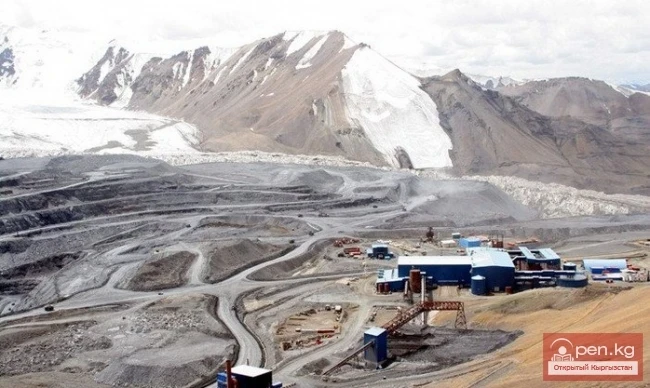The 9th session of the Intergovernmental Joint Committee of Mongolia and the Republic of Korea took place on November 19, 2025, in Ulaanbaatar.
The meeting was chaired by Byambatsogt Sandag, the Minister of Foreign Affairs of Mongolia and head of the Mongolian delegation, as well as Ms. Kim Jin Ah, the Deputy Minister of Foreign Affairs of the Republic of Korea and head of the Korean delegation. Representatives from relevant ministries and institutions of both countries participated in the committee's work.
During the meeting, both sides noted that cooperation between Mongolia and Korea continues to develop at a high level, characterized by "Strategic Partnership." Regular visits and high-level meetings underscore the importance of the Intergovernmental Joint Committee in strengthening trade and economic ties.
The parties agreed that the signing of the Economic Partnership Agreement between Mongolia and Korea is crucial for the growth of trade and investment, as well as for creating new market opportunities for entrepreneurs, which will contribute to further economic cooperation. Both sides expressed their intention for the agreement to be beneficial and acceptable to all participants.
Mongolia has approximately 80 million heads of livestock, of which 20-30 million can be brought into circulation annually. To improve the trade balance between the countries, it was proposed to establish the export of livestock products, including natural "eco" goods such as wool, cashmere, leather, meat, and meat products from Mongolia to the Republic of Korea.
The necessity of including tax incentives for agricultural and livestock products within the future Economic Partnership Agreement was also discussed.
The parties confirmed their determination to successfully implement large projects that will be mutually beneficial, including areas such as urban development, mining, and energy. In particular, projects for the establishment of a "Joint Research Center for Rare Earth Metals between Mongolia and Korea" and "Ensuring Sustainable Development of Ulaanbaatar" marked important steps toward expanding cooperation.
Additionally, the parties agreed on joint steps to implement Mongolia's national megaprojects, such as steel production and copper smelting, to support Mongolia's strategic development goals and attract Korean technologies and investments.
It was also decided to review the progress of large projects financed by concessional loans and assistance from the government of the Republic of Korea to activate them. This concerns, in particular, the projects "Construction of Boiler Houses in 10 Aimak Centers," as well as housing initiatives "Solongo 1, 2" and "Bayangolyn Am."
At the meeting, the parties discussed ways to address the issues faced by Mongolian citizens when obtaining visas to the Republic of Korea, including the gradual easing of visa restrictions for both countries and achieving significant progress in visa exemption for citizens, especially for medical reasons.
The parties also exchanged views on cooperation on a bilateral basis, as well as on international and regional platforms. The Korean side confirmed its support for the "Ulaanbaatar Dialogue" initiative.
In connection with the upcoming 17th Conference of the Parties (COP17) to the UN Convention to Combat Desertification, which will be held in Mongolia in 2026, the Korean side expressed its readiness to share experience in organizing such conferences.
The parties agreed to hold the next, 10th session of the Intergovernmental Joint Committee in Seoul.
Tatar S.Maidar
source: MiddleAsianNews
